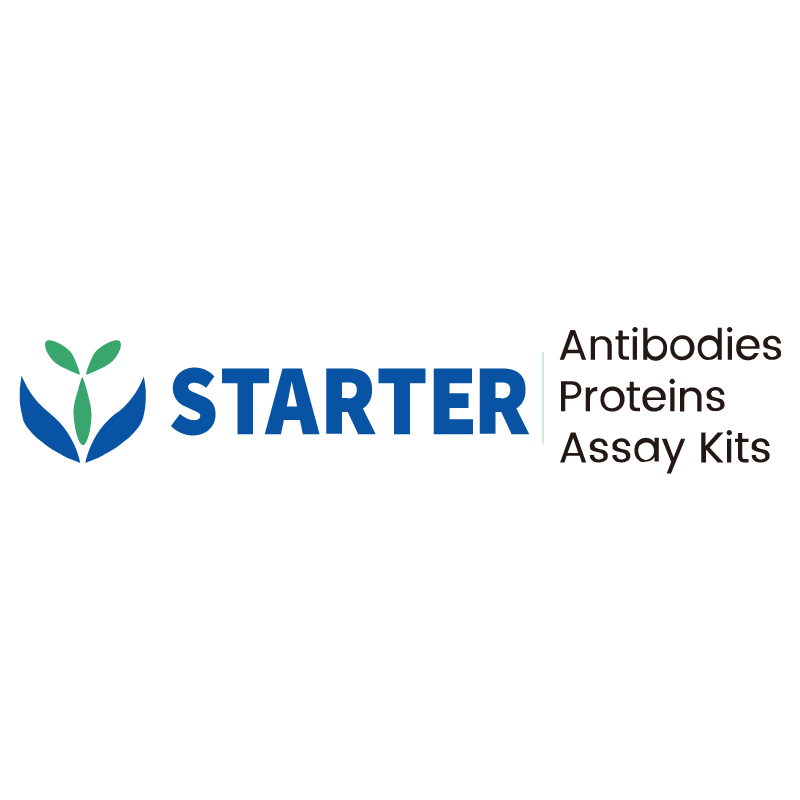2 μg(R: reducing conditions)
Product Details
Product Details
Product Specification
| Species | Human |
| Synonyms | IP90, Major histocompatibility complex class I antigen-binding protein p88, p90 |
| Accession | P27824 |
| Amino Acid Sequence | Protein sequence (P27824, Glu550-Glu592 & Glu550-Glu592, with C-10*His) EKQKSDAEEDGGTVSQEEEDRKPKAEEDEILNRSPRNRKPRREEKQKSDAEEDGGTVSQEEEDRKPKAEEDEILNRSPRNRKPRREGGGGSHHHHHHHHHH |
| Expression System | HEK293 |
| Molecular Weight | Predicted MW: 11.8 kDa Observed MW: 16, 19-20 kDa |
| Purity | >95% by SDS-PAGE |
| Endotoxin | <1EU/μg |
| Tag | with C-10*His |
| Physical Appearance | Lyophilized Powder |
| Storage Buffer | Lyophilized from a 0.2 μm filtered solution of 0.2M PBS, pH7.4. |
| Reconstitution | Reconstitute no more than 1 mg/mL according to the size in deionized water after rapid centrifugation. |
| Stability & Storage | 12 months from date of receipt, -20 to -70 °C as supplied. 6 months, -20 to -70 °C under sterile conditions after reconstitution. 1 week, 2 to 8 °C under sterile conditions after reconstitution. Please avoid repeated freeze-thaw cycles. |
Background
Calnexin (CNX) is a 67kDa integral protein of the endoplasmic reticulum (ER). It consists of a large (50 kDa) N-terminal calcium-binding lumenal domain, a single transmembrane helix and a short (90 residues), acidic cytoplasmic tail. Calnexin is a chaperone, characterized by assisting protein folding and quality control, ensuring that only properly folded and assembled proteins proceed further along the secretory pathway. It specifically acts to retain unfolded or unassembled N-linked glycoproteins in the ER. Calnexin binds only those N-glycoproteins that have GlcNAc2Man9Glc1 oligosaccharides. Calnexin associates with the protein folding enzyme ERp57 to catalyze glycoprotein specific disulfide bond formation and also functions as a chaperone for the folding of MHC class I α-chain in the membrane of the ER. A prolonged association of calnexin with mutant misfolded PMP22 known to cause Charcot-Marie-Tooth Disease leads to the sequestration, degradation and inability of PMP22 to traffic to the Schwann cell surface for myelination.
Picture
Picture
SDS-PAGE


